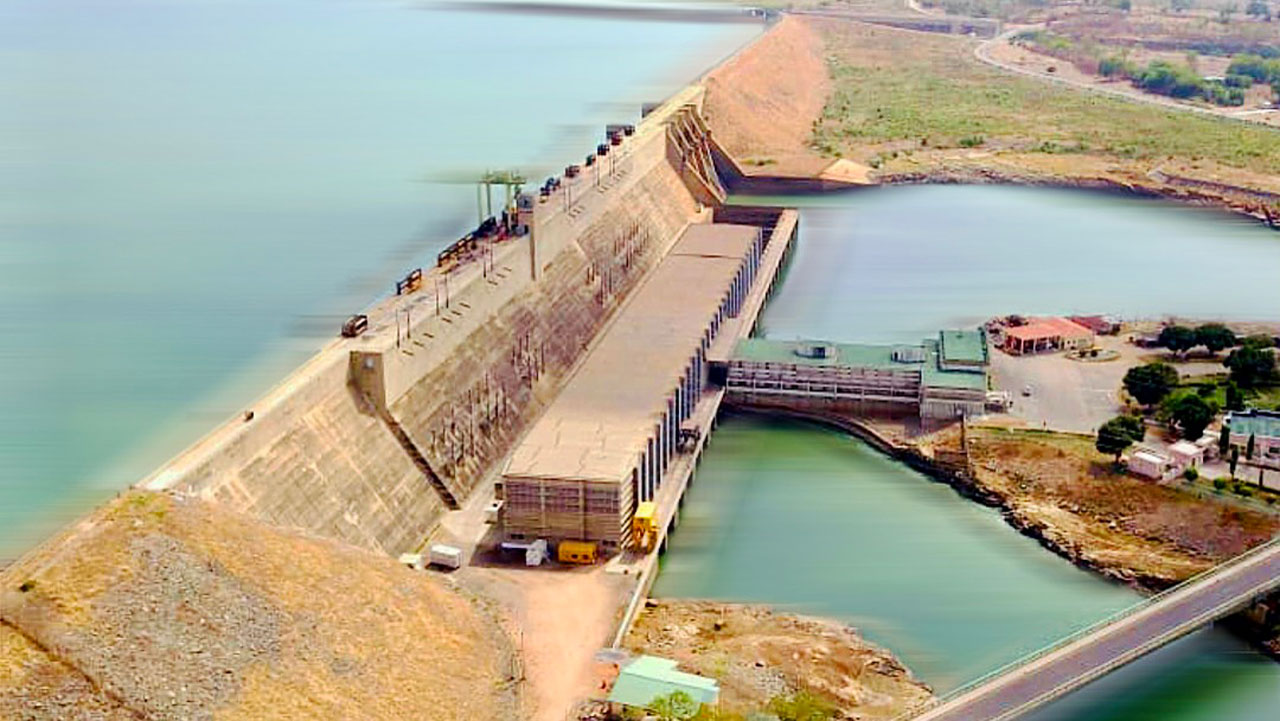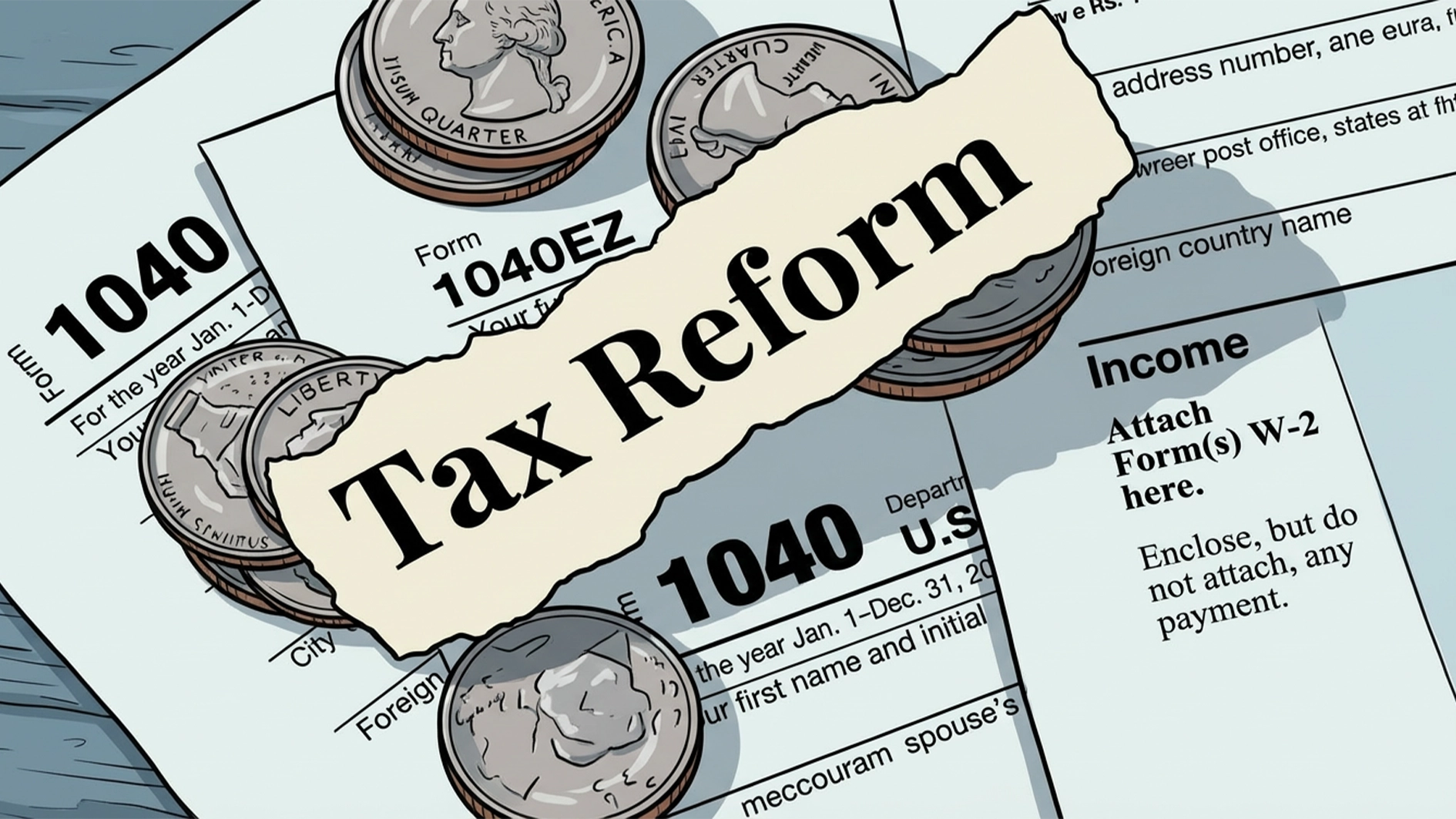
. Only 11% of Africa’s 340 gigawatts hydropower harnessed
. Stakeholders urge government to address bottlenecks, open sector for private players
Nigeria’s over 14,000-hydropower capacity may remain idle amidst the nation’s power crisis as the Federal Government maintains its hold on the sector.
Indeed, as the world marks the International Hydropower Day, yesterday, stakeholders in the sector discussed the need for Nigeria to leverage hydropower to sustain the grid, increase electricity capacity and promote renewable energy and diversify from fossil fuel.
The International Hydropower Association had noted that while Nigeria’s total installed capacity is 12,522 MW, not including off-grid generation, of which 2,062 MW is hydropower, the total exploitable potential of hydropower is estimated at over 14,120 MW, amounting to more than 50,800GWh of electricity yearly.
Stakeholders in the sector noted that Nigeria would not improve its electricity supply if hydropower were prioritised but that the move would provide a sustainable means of managing flooding, while spurring investment and addressing poverty along rural communities.
Speaking on the development, Managing Director of Mainstream Energy, which oversees the operations of Jebba, Kainji, and Zungeru Dams, Lamu Audu said sustainable hydropower would not only enable the country to control floods but provide power generation, irrigation, water supply, and navigation.
Lamu noted that allowing water to flow downstream without control could lead to severe consequences, adding that with the levels of poverty and the need for economic empowerment in the country, it is crucial to invest in dam projects that could effectively manage floods, reduce environmental impacts on communities, and provide opportunities for agriculture, fishing, irrigation, water supply, and navigation.
“Dams play a pivotal role in regulating water levels along riverbeds, and their presence is critical. Empowerment is closely linked to the amount of power a society generates and consumes. Currently, one-third of people without access to electricity worldwide live in Africa, despite our abundant hydro power potential.
“Hydro power is not only clean but also sustainable and cost-effective,” Lamu said.
For the country to unlock the potential, he said investment, the right governmental structure, and proper policies and regulations to attract investment were sacrosanct.
According to him, the challenge isn’t merely a lack of funds; there are willing investors worldwide as long as they are assured of returns on their investments.
Lamu said the crucial need is for governments to establish an enabling policy environment, often in collaboration with multinational organisations, to drive development.
“This effort shouldn’t be limited to the national level alone; collaboration at the regional stage is equally important. Organisations like ECOWAS or the African Union (AU) should work together to formulate deliberate policies. If the AU and similar bodies can create far-reaching policies where resources are pooled and common policies established, it would encourage investment and the cross-border implementation of these policies,” he stated.
Lamu disclosed that his organisation is currently in discussions with the World Bank to establish a public-private partnership (PPP) model, noting that until now, the government had solely constructed dams in Nigeria and Africa.
“We are now proposing arrangements where private developers can fund the construction of these dams, freeing up government resources for other purposes.
“We are working with the World Bank to create a model where the global bank can provide facilities to the government for handling the social aspects such as irrigation, water supply, and navigation, while we, as a power generating company, focus on the power generation site,” he stated.
Lamu said while Africa currently has a hydro power potential of 340 gigawatts, only 11 per cent of it has been developed.
The Bureau of Public Enterprises (BPE) stated that 12 small hydropower plants would be concessioned, as the Director-General of the agency, Alex Okoh, said the organisation had inaugurated a project delivery team for concession of the facilities, but the plan has remained on the drawing board.
With limited resources to invest in the sector, hydropower projects like the Mambilla project have been on the drawing board for decades without tangible results.
Although the power sector in Nigeria has been partially privatised, most of the hydropower plants are still in the hands of the government, but concessioned to managers who generate revenue for the government, yet, the government has to borrow to finance hydro-related projects.
An energy expert, Madaki Ameh, noted that hydropower remained the future of energy in Nigeria, considering the vast free flowing rivers and streams scattered all over Nigeria.
“The technology to deliver hydropower efficiently and cheaply is readily available globally! Why Nigeria is not taking advantage of this fully, beats my imagination. The future is in green energy, and Nigeria has a whole lot to benefit if we mainstream this readily available source of energy, through major hydropower projects and mini grids. A focused national policy in this regard is long overdue,” he said.
Executive Director, Green Growth Africa Sustainability Network (Green Growth Africa), Dr. Adedoyin Adeleke, noted that hydropower provides the cheapest source for electricity generation, adding that the country has sufficient water head in different parts for decentralised exploitation and generation.
Adeleke stressed that although there has been strong emphasis on domestic use of gas for energy generation, hydropower provides comparative economic, social and environmental advantages.






